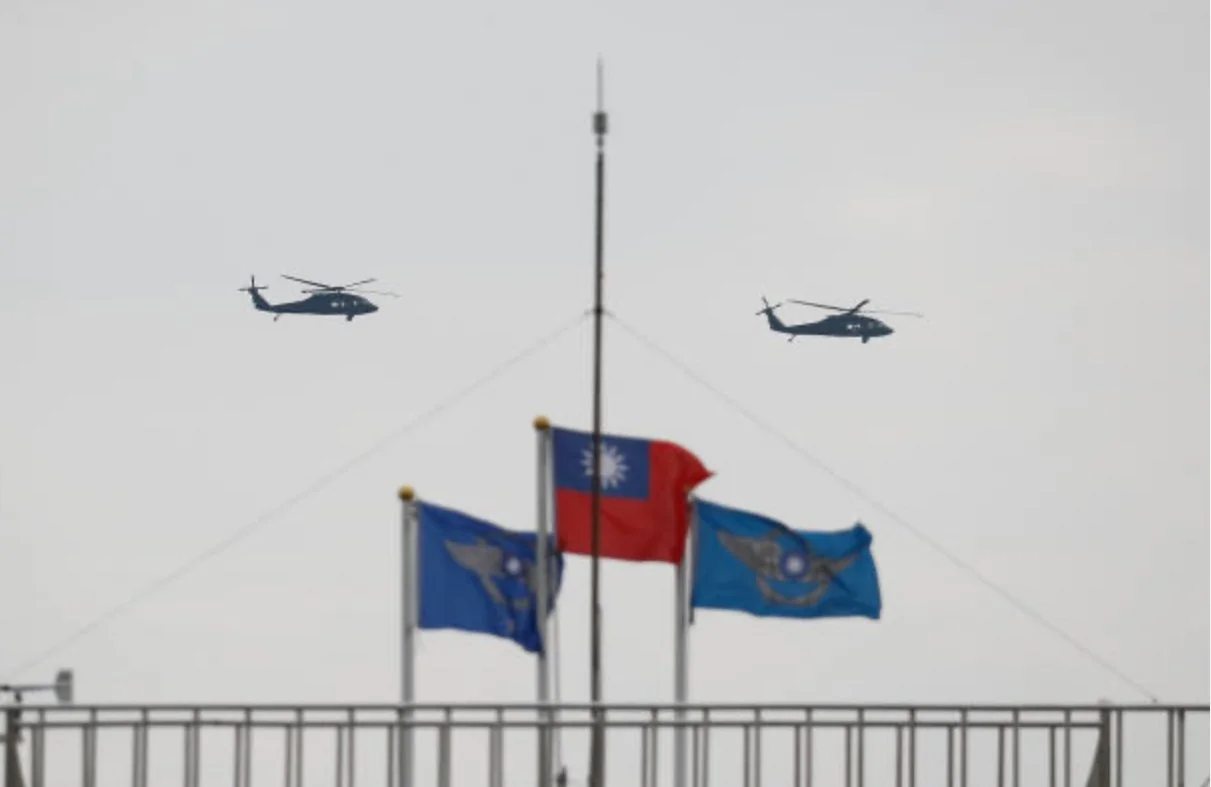Taiwan in Turmoil: The Challenge from China
In recent decades, Taiwan has emerged as a focal point of political tension in the Asia-Pacific region. For Asia-Pacific analysts, international relations scholars, and global policymakers, understanding the complexities of the relationship between Taiwan and China is essential. This post aims to provide a nuanced overview of the historical context and current challenges posed by China’s assertive stance on Taiwan.
Historical Context
The Legacy of the Chinese Civil War
To understand the present-day dynamics, we must first revisit the Chinese Civil War, which culminated in 1949 with the Communist Party's victory over the Nationalists (Kuomintang). The Nationalists, led by Chiang Kai-shek, retreated to Taiwan, an island off China's southeastern coast. There, they established a government that continued to represent China internationally for several decades. Meanwhile, the People's Republic of China (PRC) under Mao Zedong asserted control over mainland China.
One China Policy
The "One China" policy is central to the PRC's approach to Taiwan. According to the PRC, there is only one China, and Taiwan is an inseparable part of it. This position has shaped China's diplomatic and economic policies globally, influencing how other nations engage with Taiwan. The United Nations and most countries do not officially recognize Taiwan as a separate state, aligning with this policy, though they may maintain unofficial relations.
Taiwan’s Democratic Evolution
While China remained under communist rule, Taiwan gradually transitioned into a vibrant democracy. This political evolution has created a distinct Taiwanese identity, which often clashes with the PRC’s narrative. Taiwan's robust democratic institutions and economic prowess have strengthened its resolve to maintain its autonomy.
The Current Challenge
Strategic Significance
Taiwan's strategic location and its advanced semiconductor industry make it a key player in global supply chains and a linchpin in regional security dynamics. The island's security is crucial not only to the Asia-Pacific region but also to global economic stability.
China’s Military Posture
China has increased its military presence around Taiwan, conducting frequent military exercises and flying sorties into Taiwan's air defense identification zone. These actions signal the PRC's intention to assert dominance over Taiwan, posing a direct challenge to the island’s autonomy.
Diplomatic Pressures
Beyond military maneuvers, China has employed economic and diplomatic pressures to isolate Taiwan internationally. Countries are often coerced into severing official ties with Taiwan in favor of relations with the PRC, which promises lucrative trade and investment opportunities.
US and International Responses
The United States, while maintaining its "One China" policy, has been a steadfast supporter of Taiwan's defense capabilities through arms sales and strategic cooperation. The Taiwan Relations Act guides this complex relationship, allowing the U.S. to provide Taiwan with defensive resources while stopping short of formal recognition. Other global powers are also recalibrating their strategies as tensions rise.
Navigating the Future
For Asia-Pacific analysts, international relations scholars, and global policymakers, Taiwan’s future remains a critical area of focus. Key considerations include:
Strategic Ambiguity vs. Clarity: How should the international community balance strategic ambiguity with the need for clear support for Taiwan’s democratic institutions?
Economic Interdependence: What role does Taiwan's economic significance play in shaping global responses to the PRC's assertions?
Diplomatic Engagements: How can international alliances be leveraged to ensure Taiwan's security without escalating tensions further?
Taiwan's situation is a touchstone for understanding regional dynamics and global power shifts. By dissecting historical contexts and contemporary challenges, stakeholders can develop informed strategies that uphold regional stability and support democratic principles.
Conclusion
Taiwan's geopolitical situation is emblematic of larger global challenges, where issues of sovereignty, economic interdependence, and military might intersect. For analysts and policymakers, the ongoing "Taiwan in Turmoil" narrative demands vigilance, nuanced understanding, and strategic foresight to foster a peaceful and prosperous Asia-Pacific region.











